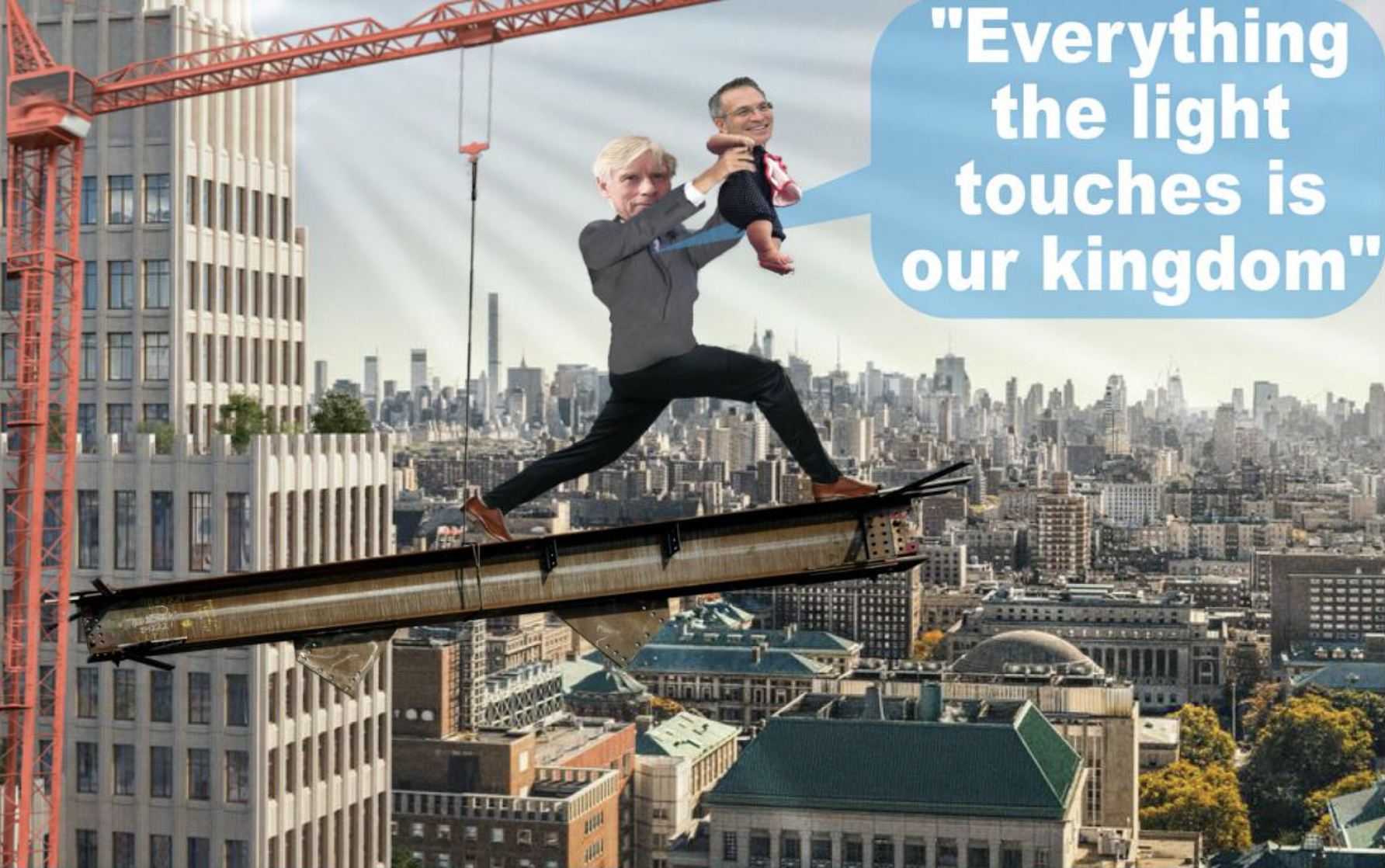Following President Bollinger’s announcement that the fall semester would be fully remote, the Columbia University Board of Trustees is faced with a pressing new issue: How can we effectively gentrify Harlem in an online format?
In a recent email addressed to concerned families, President Bollinger wrote, “The extraordinary efforts of our white students, faculty, and staff have made our relentless endeavor towards gentrification a reality. Though the COVID-19 pandemic tests our willpower, we are determined as ever to replace a once vibrant Harlem community with Columbia’s sprawling capitalist enterprise.”
The absence of Columbia’s largely white student population has left an NPR tote-bag-sized hole in the heart of West Harlem. The effects of such a diminished gentrifying population have been felt the hardest by local businesses such as Whole Foods and Banana Republic. Connor Tate, a Whole Foods employee, expressed his concerns to The Federalist: “I just hope Whole Foods will have the resources to weather this storm.” While Columbia reels from the ongoing pandemic, it has not lost sight of its commitment to serve the wealthy newcomers of its community.


